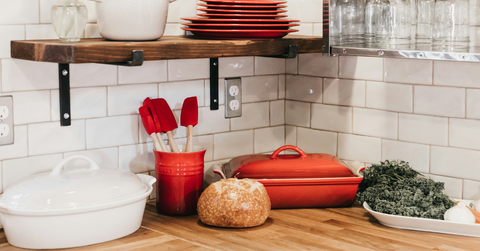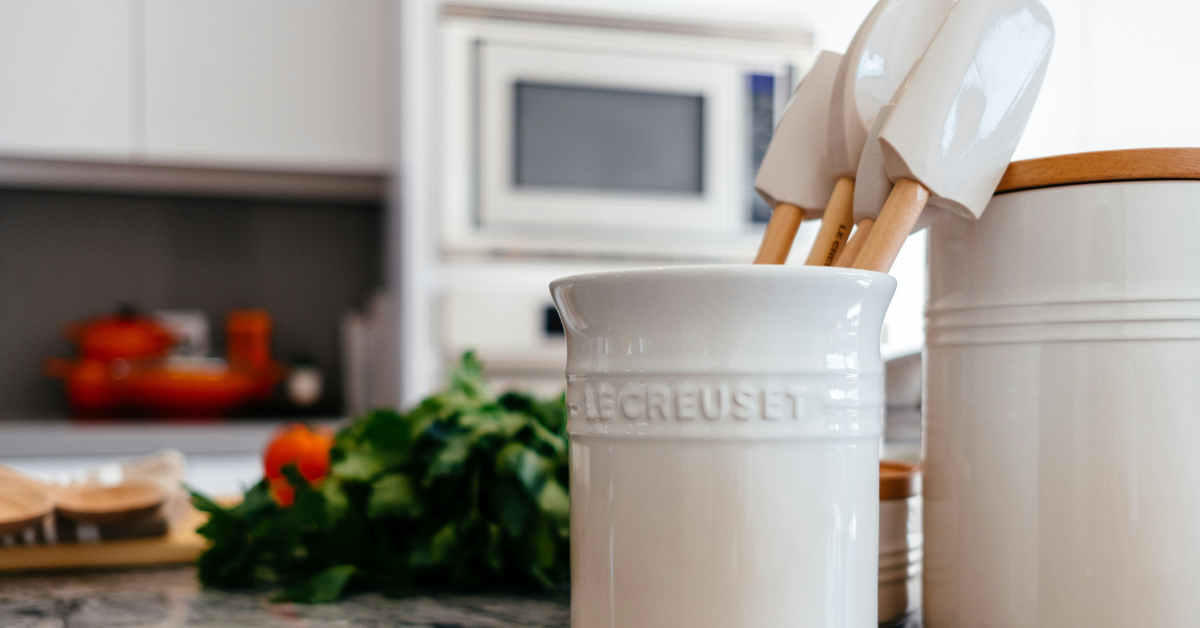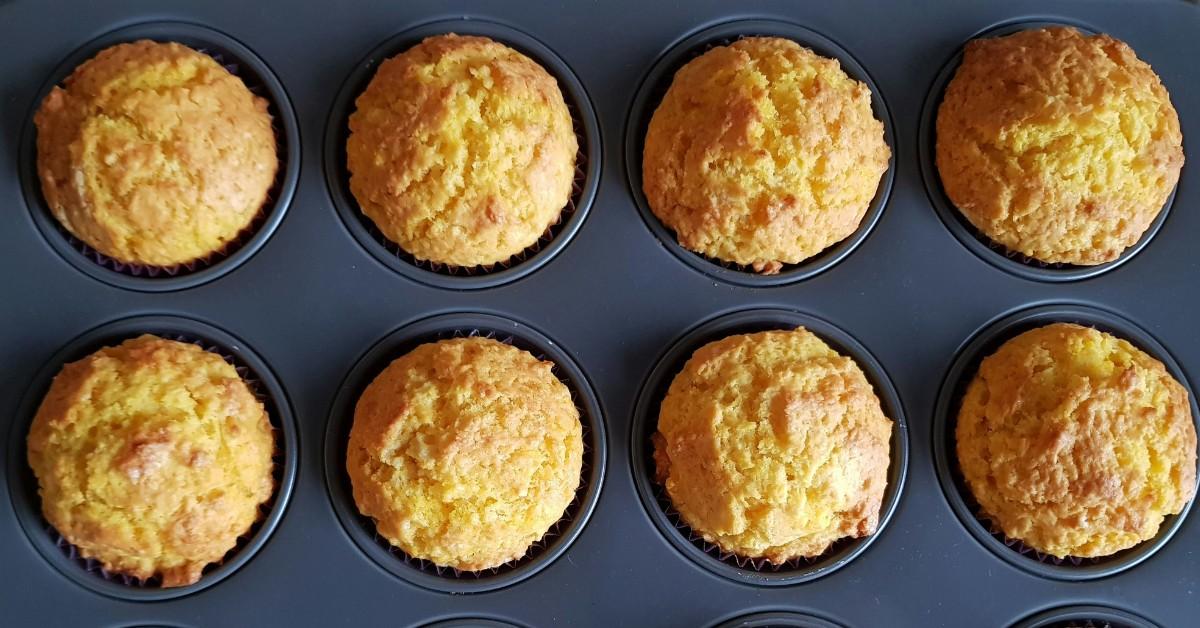Study Reveals Silicone Cookware Is Not as Safe as You Think
The material could be releasing some chemicals into nearby foods and air.
Published Nov. 6 2025, 11:13 a.m. ET

Thanks to the rise in online shopping, it feels like people have access to more products than ever these days. As such, they are able to purchase a variety of different essentials, instead of the standard ones that our parents and grandparents grew up using.
Take silicone cookware, for example. Once, wood spoons and metal trays were the only options available; however, home chefs can now opt to purchase essentials like spatulas and muffin tins in many different materials.
That includes everything from heat-resistant plastics to silicone. But, are silicone utensils actually safe to use? According to the study, the durable material may be releasing chemicals into your food and air when they are used for baking.
Curious to know more about the study? Keep reading as we break the findings down and share what the experts are saying about the safety of cooking with silicone, including what the possible side effects of this chemical exposure can entail.

Are silicone utensils and bakeware safe to use?
Silicone utensils have largely been considered safe to use for years now. However, a study that was completed by the Environment and Climate Change Canada says that the material could be releasing some of the chemicals that are formed during the manufacturing process into nearby foods and air.
The results were published in the Journal of Hazardous Materials in October. Researchers completed their study by purchasing 25 different silicone baking products before loading them up with sand and oil.
According to researchers, that mixture would represent the same conditions you'd see when cooking high-fat foods. After baking them for an hour, researchers went in and collected samples from the mix as well as the air above the oven. During this time, they uncovered 25 different types of siloxanes. The good news was that once the baking stopped, the micrograms of siloxanes found in the air immediately began to drop.
However, it doesn't sound like those levels dropped similarly in the food.
And, foods that were cooked in bakeware that came into more direct contact with the silicone — like donut molds and muffin trays where the food touches more of the silicone bakeware's surface area — showed higher concentrations of the siloxanes. As for utensils, since they don't get heated as much, it doesn't look like they are as impacted by the chemical leeching.
However, researchers note that there is very little research into the health risks associated with siloxane exposure.

That being said, a 2024 issue of the Journal of Applied Toxicology does note that some siloxanes are associated with endocrine disruption, liver toxicity, and more, which means that more research is likely needed.
However, it doesn't appear that any moves have been made to remove silicone bakeware from the market after these findings, so there may not be a significant enough risk associated with their use, making them safe to continue baking with.
How can you make your silicone bakeware safer?
If you're concerned about the possibility that these chemicals may be leeching out of your bakeware, the study's authors say that you may be able to mitigate the risk by baking them a few times before you actually use them to cook with. According to the research findings, the level of chemicals released drops after each baking session, reducing by 95 percent after just three uses.
And after that, the chemicals released during the cooking process continue to drop even further.